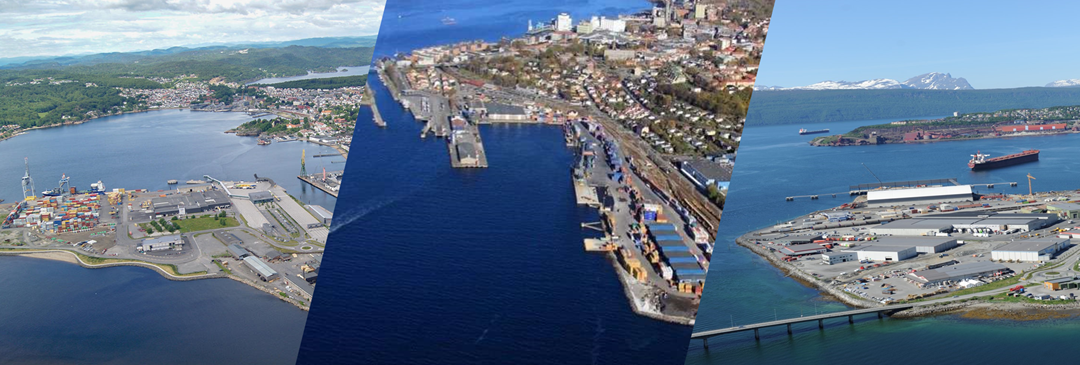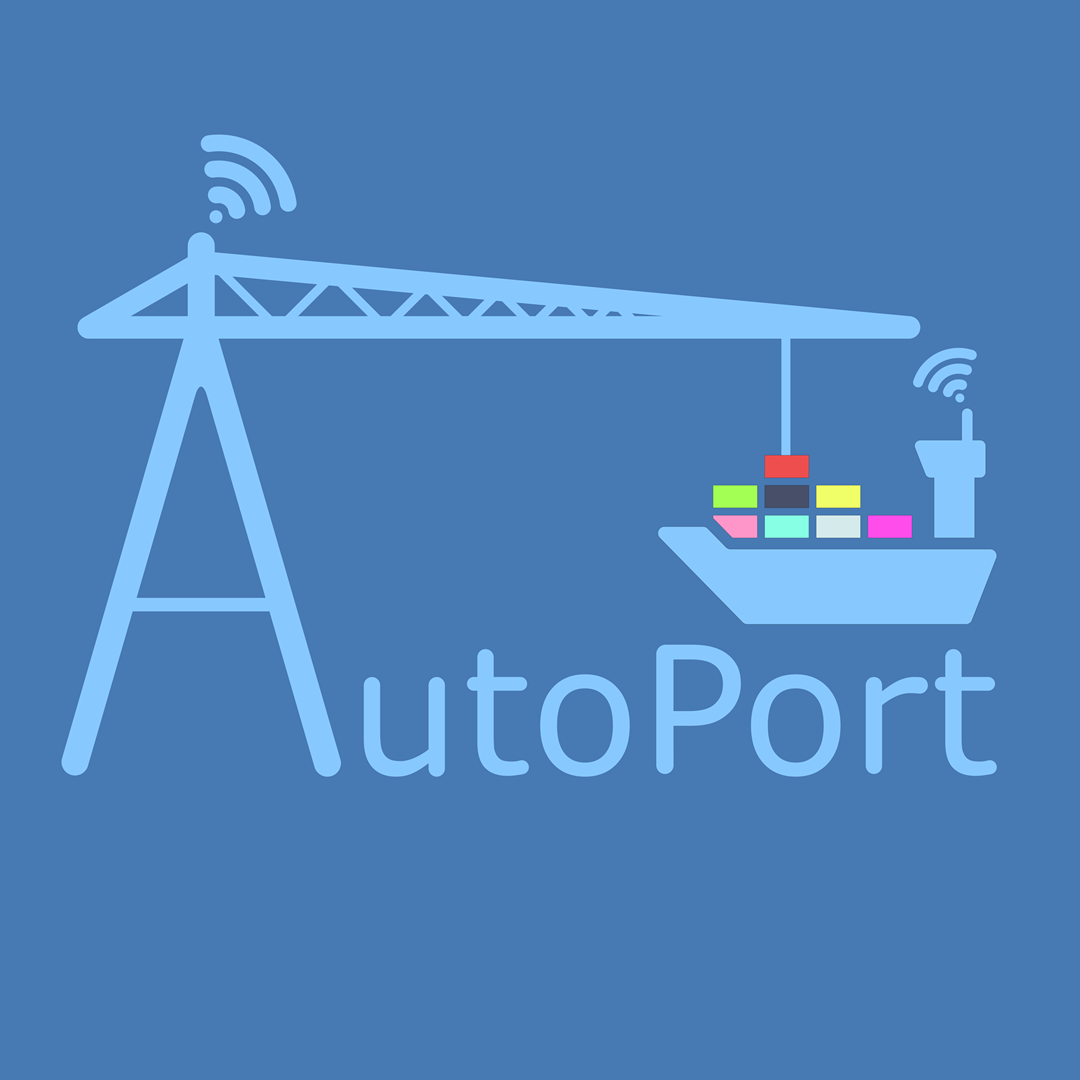The transportation industry relies heavily on intermodal logistics systems, which often involve the use of ports to transfer goods between different modes of transport. However, ports can be cost-intensive due to handling time and costs, which can make them less competitive than road transport. To address this challenge, the efficiency of terminal operations must be improved. Autonomous technology has been proposed as a potential solution to improve efficiency in terminals, and a survey among port operators found that nearly 75% of them consider autonomy as critical for their future competitiveness.
Some larger ports around the world are undergoing a digital transformation towards the concept of Port 4.0, which involves the use of Industry 4.0 concepts like Internet of Things (IoT), big data, autonomy, AI, and augmented reality. These ports have implemented automated solutions to increase their efficiency, but this technology is rarely used in small-sized ports. Small-sized ports face a different type of challenge related to investment in flexible and automated infrastructure to accommodate for optimized and cost-efficient cargo handling across different types of goods.
The AutoPort project aims to address this challenge by using artificial intelligence (AI) and operational research (OR) to automate and optimize the planning process, execution of logistical operations, and the generation of work instructions for each automated equipment. The project will involve collaboration between several partners, including port operators, technology and equipment suppliers, autonomous ship operators, and transport authorities. The AutoPort Concept consists of three main levels: operational, tactical, and strategic. The project aims to achieve a modal shift from road to seaborne and rail transport in Norway, contributing to a more efficient, safer, and sustainable transport system. Secondly, the project aims to spur interest in business cases for the Norwegian maritime industry based on the AutoPort Concept.
The project involves collaboration between port operators, technology suppliers, autonomous ship operators, and transport authorities, with a focus on achieving a modal shift from road to seaborne and rail transport in Norway.



